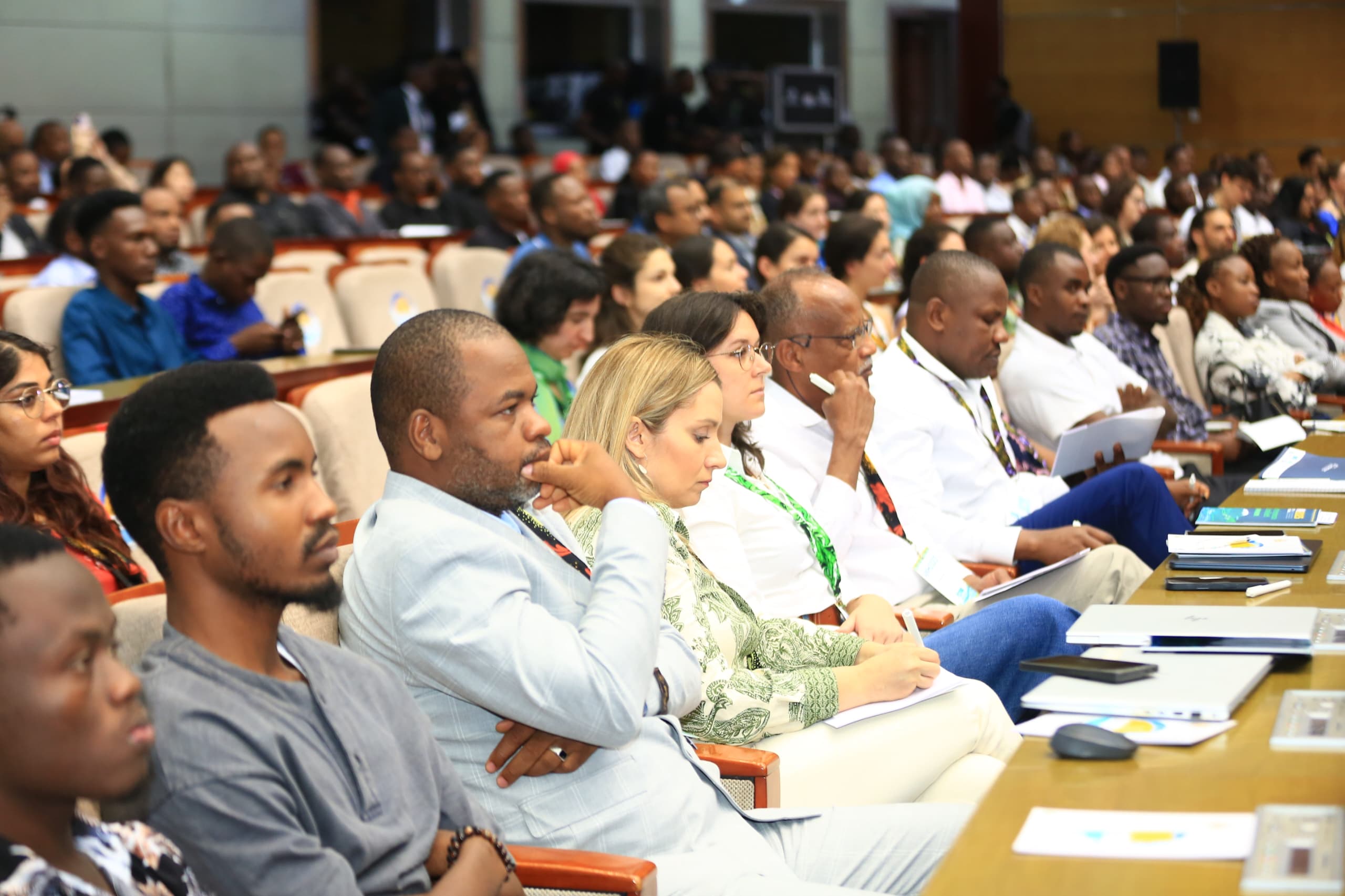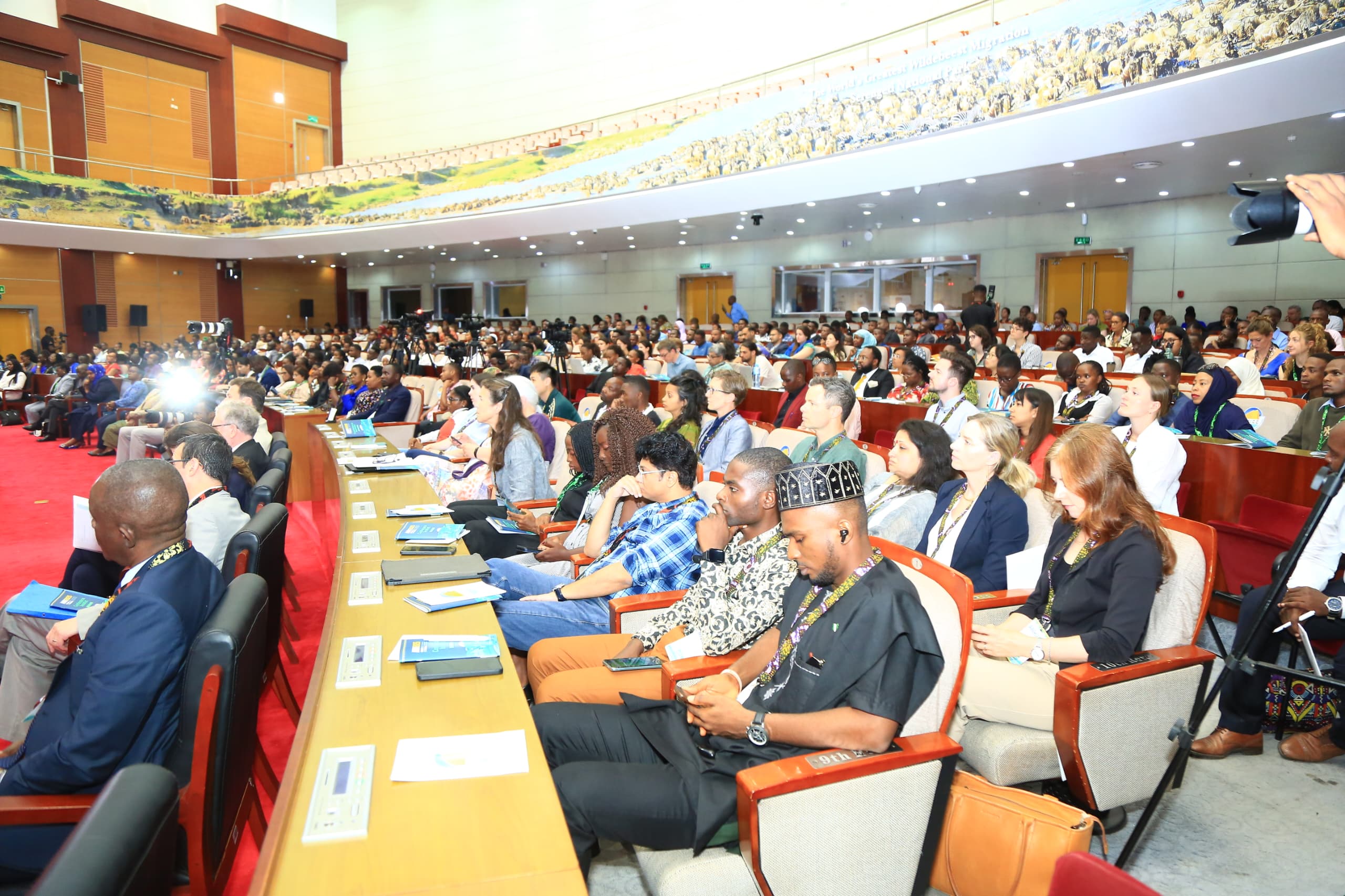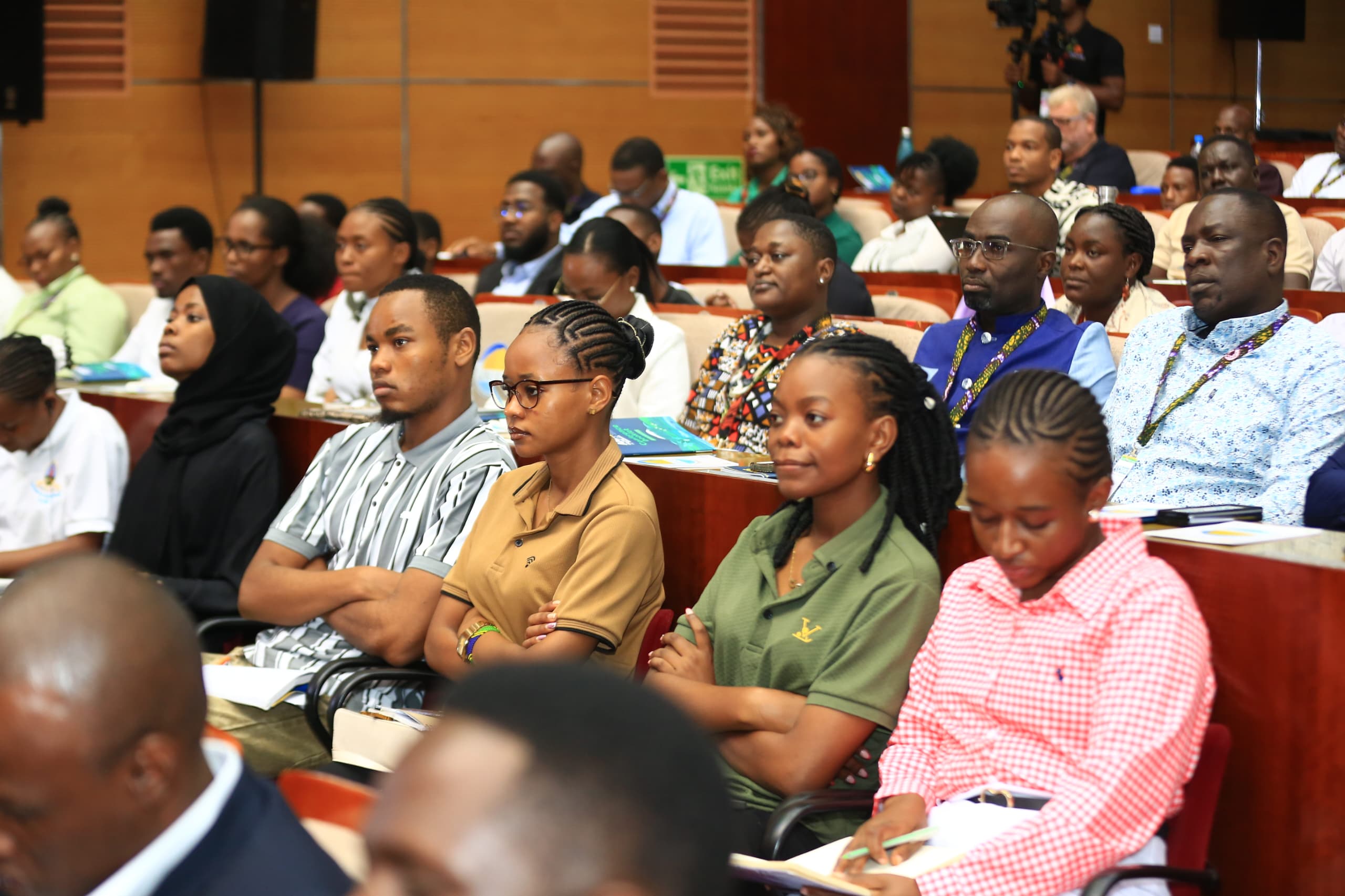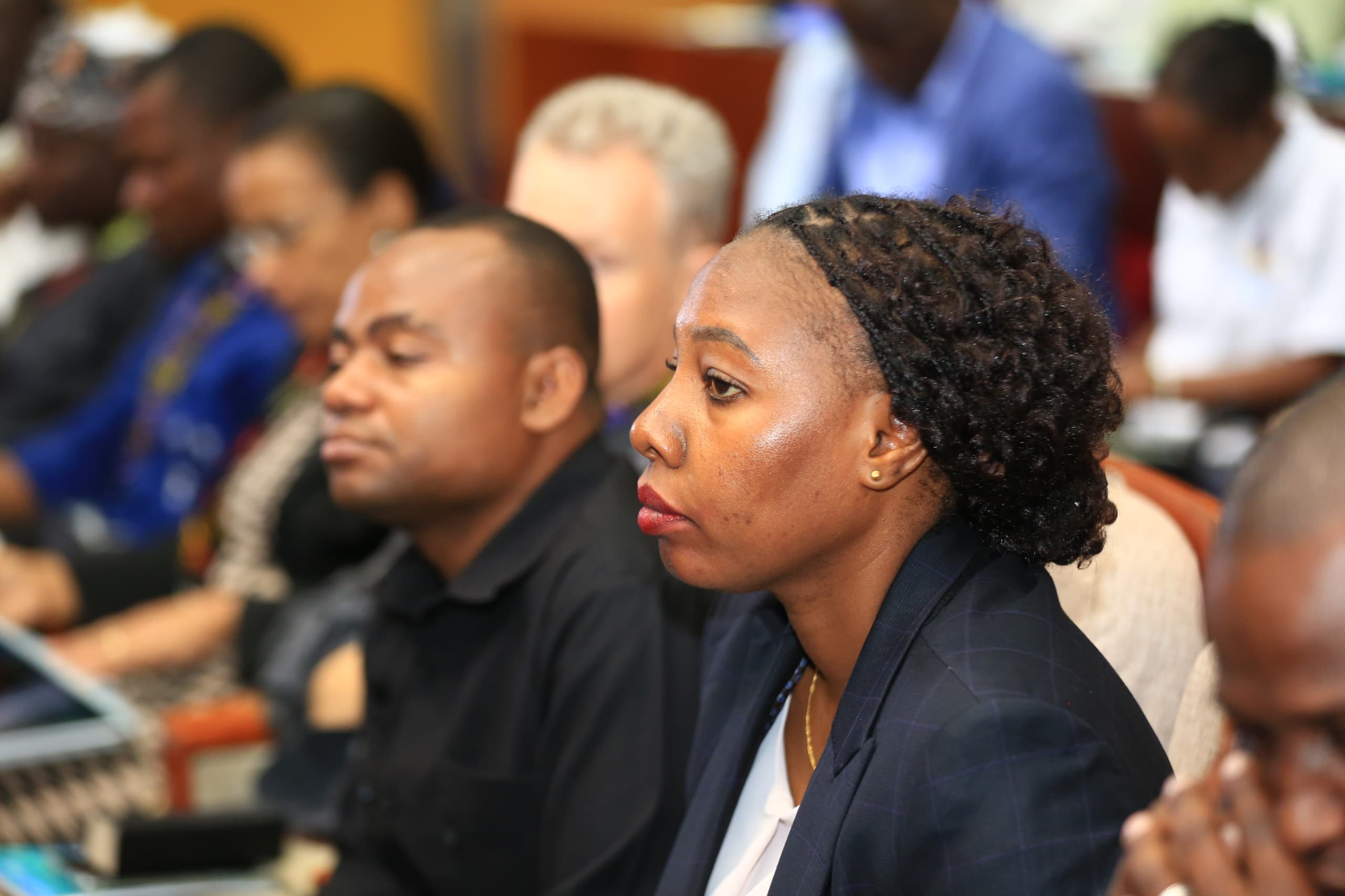The Government of the United Republic of Tanzania has reaffirmed its commitment to combating stunting, which affects over 30% of children under the age of five, while also addressing the challenges of overweight and micronutrient deficiencies through the National Multisectoral Nutrition Action Plan.

Speaking at the official opening of the Agriculture, Nutrition and Health Week (ANH2025) in Dar es Salaam on June 23, 2025, the Deputy Prime Minister of the United Republic of Tanzania, Hon. Dr. Doto Mashaka Biteko, emphasized the strong link between agriculture and nutrition, stating that nutrition sensitive agriculture can reduce malnutrition and diet related diseases.
He noted that agriculture contributes 29% to the national GDP and employs over 65% of Tanzanians. As such, the government has increased the agriculture budget by 29% and continues to implement initiatives like Building a Better Tomorrow (BBT) to enable smallholder farmers to access quality inputs, modern farming tools, irrigation infrastructure, and agricultural extension services.
Dr. Biteko further stated that since 2021, health facilities have increased by 7%, over 137,000 community health workers have been recruited, and digital health services have been expanded to address both communicable and non communicable diseases.
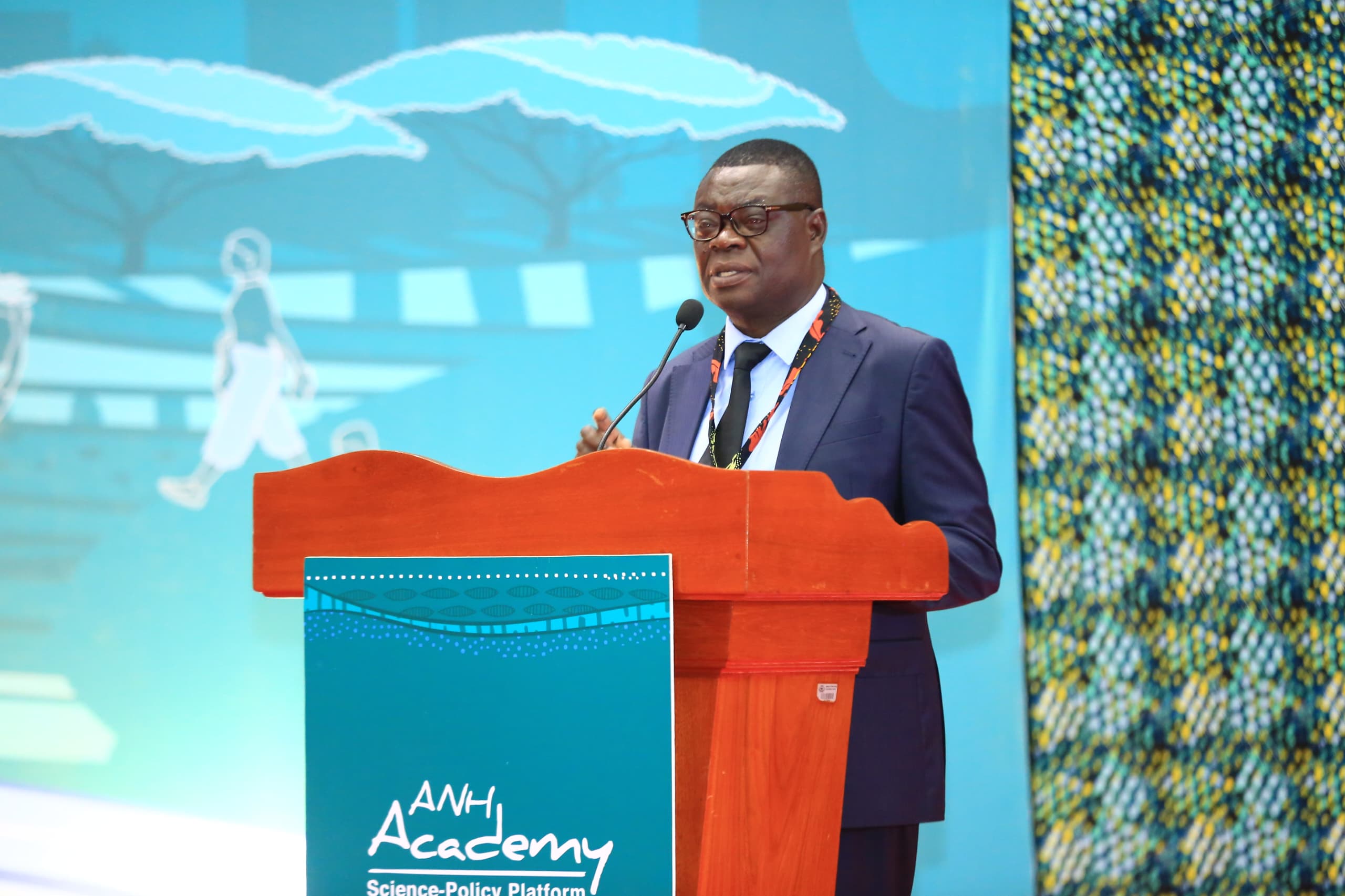 The Vice Chancellor of Sokoine University of Agriculture, Prof. Raphael Chibunda, expressed pride in SUA’s role as a co-host of the conference, which brings together researchers, policymakers, and stakeholders from more than 50 countries, all aiming to improve agriculture for better nutrition and health outcomes.
The Vice Chancellor of Sokoine University of Agriculture, Prof. Raphael Chibunda, expressed pride in SUA’s role as a co-host of the conference, which brings together researchers, policymakers, and stakeholders from more than 50 countries, all aiming to improve agriculture for better nutrition and health outcomes.
Prof. Sunnetha Kadiyala from the London School of Hygiene and Tropical Medicine (LSHTM), who also serves as Chair of the conference, stated that ANH2025 seeks to strengthen the use of research in policymaking, enhance global collaboration, and build the capacity of young scientists through various training and mentorship programs.
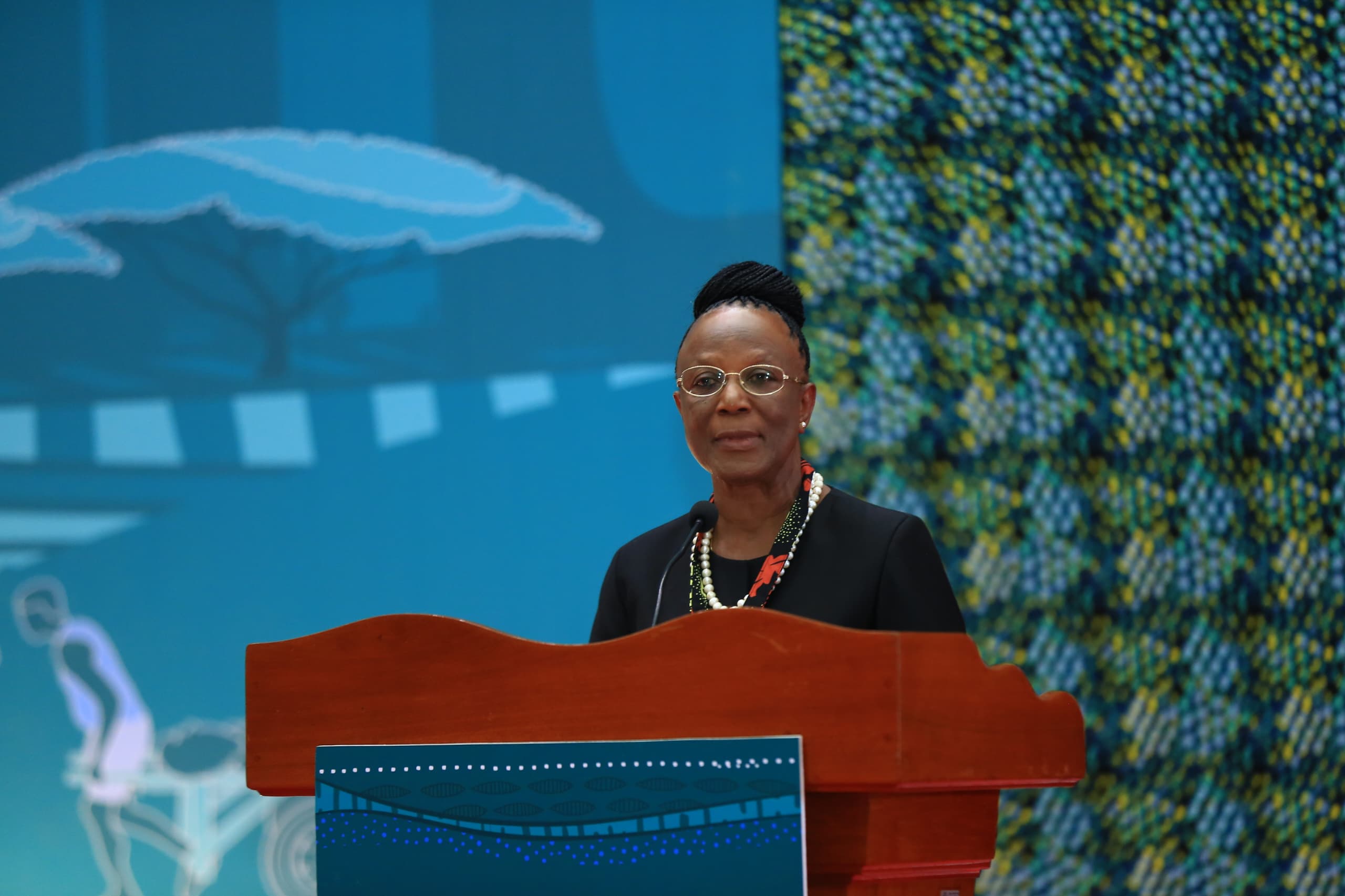 The ANH2025 conference has been organized by the ANH Academy in collaboration with LSHTM and the Sokoine University of Agriculture.
The ANH2025 conference has been organized by the ANH Academy in collaboration with LSHTM and the Sokoine University of Agriculture.
